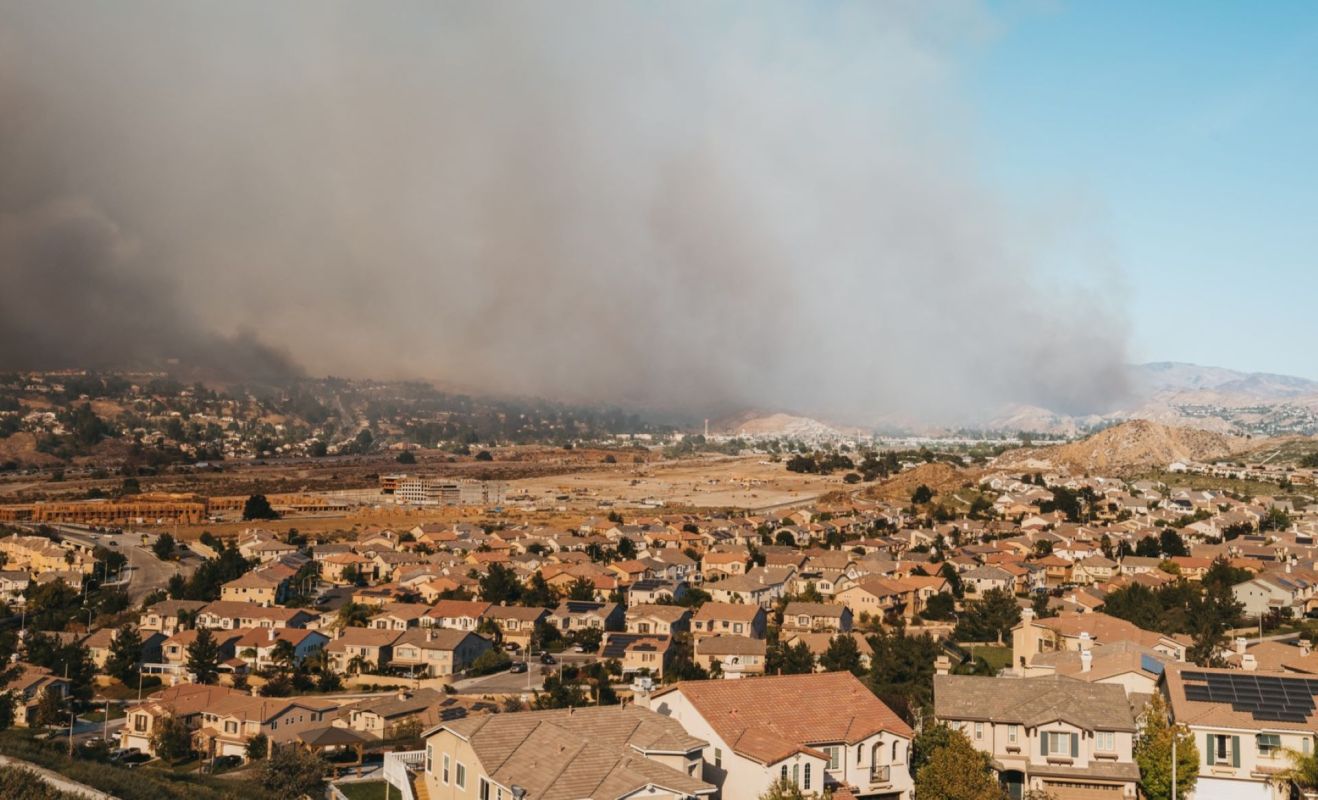One old adage goes, "Where there's smoke there's fire." But more accurately, where there's fire, there will definitely be smoke.
During wildfire season, it's crucial you know how to protect yourself from one of the main dangers of wildfire: smoke.
If you're not in the direct path of a blaze, the smoke and bad air can actually be your biggest threat, so it's important to know how to protect your lungs and indoor air quality.
Here are four things you should avoid doing inside your home when wildfire smoke is bad outdoors.
Vacuuming
This might be the most surprising item on the list, but definitely don't whip out the vacuum when you're sheltering from wildfire smoke indoors. Because carpets can absorb particles from the wildfire smoke, if you vacuum, you risk whipping those particles back up into your home's air, especially if you don't have a model with a HEPA filter. Wait at least a week until the smoky conditions have subsided.
Frying food
Frying food, like vacuuming, can actually worsen your home's level of indoor air pollution. This is especially true if you use a gas stove, which is now known to produce asthma-causing pollution and carcinogenic substances. While normally opening a window could help you lower the impact of using a gas stove, when it's incredibly hazy outdoors due to a wildfire, this option doesn't exist.
Smoking and candles
Burning anything on an open flame will contribute to the particle pollution in your house, so do your best to avoid these activities that can make a dangerous situation even worse.
Not using your AC unit correctly
During spells of wildfire-fueled poor air quality, you'll need to adjust your air conditioner's settings. If your home has central air or your AC unit uses a fresh air intake vent, it'll be critical that you adjust the unit to "recirculate mode" so that unhealthy air doesn't make it inside your home.
And, of course, besides avoiding these four things, there are other steps you can take ahead of time to improve your safety during periods of poor air quality.
The Environmental Protection Agency advises that people stock up on masks (N95 respirators) and buy a portable air cleaner. If a store air cleaner is too pricey, consider a DIY air cleaner which requires little more than a box fan and some basic supplies.
Join our free newsletter for easy tips to save more, waste less, and help yourself while helping the planet.









